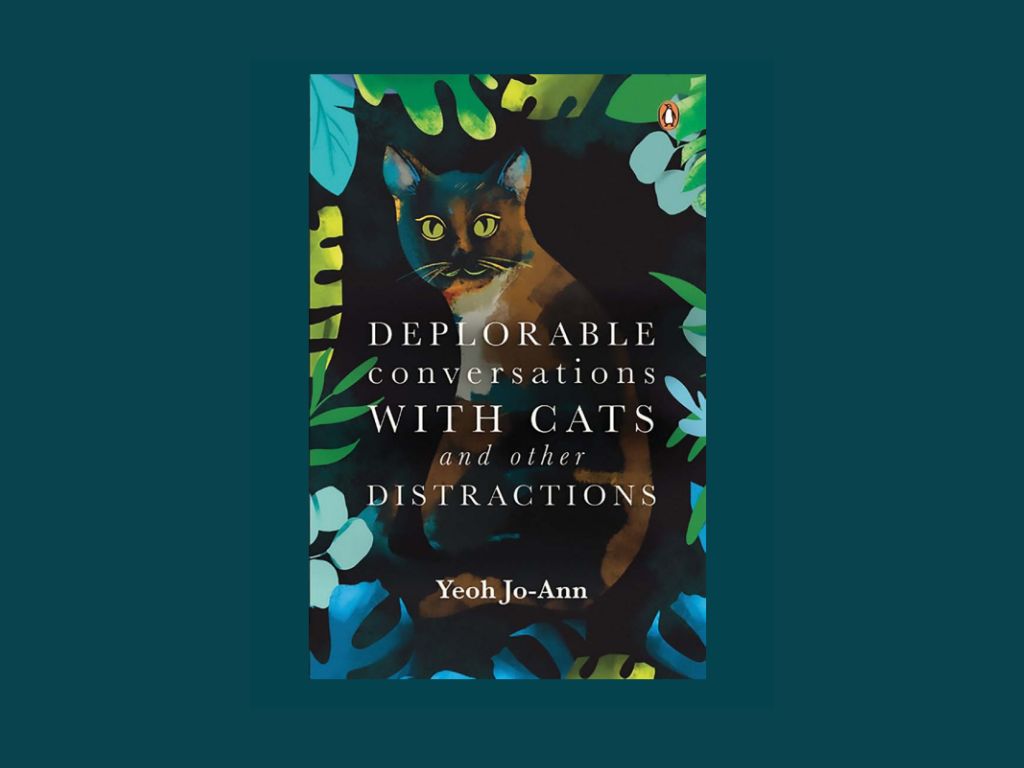A Story About Coping, Co-Dependency and Community
By Anna Tan
September 2024 BOOK REVIEW
Anna Tan

lived in Uxbridge, West London in 2018-2019 while pursuing an MA in Creative Writing: The Novel from Brunel University, London under a Chevening
scholarship. She is the author of the Absolution
series. Anna’s books are available in print from
shopee.com.my/teaspoonpublishing or in print and
ebook at teaspoonpublishing.com.my/shop.




